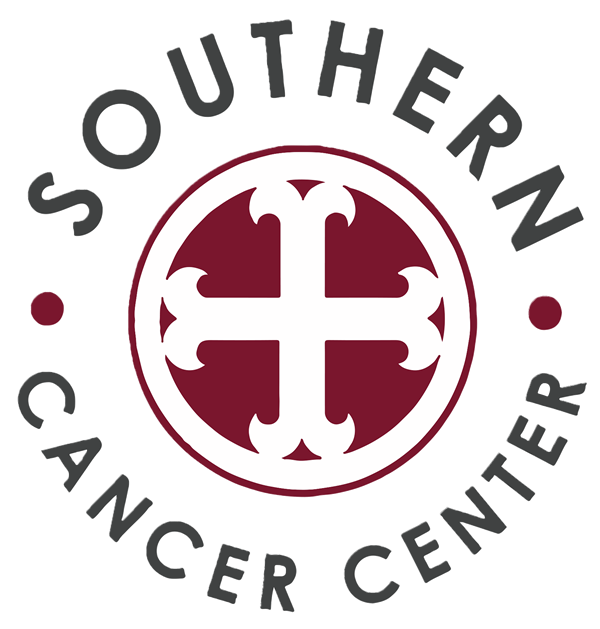Kimberly Aldis, CRNP
Education/Experience:
Bachelor of Science in Nursing: Chamberlain College of Nursing
Master of Science in Nursing: Chamberlain College of Nursing
Certified Registered Nurse Practitioner: Family Health
Sees Patients:
Huntsville Hospital Location
“Hi, my name is Kim Aldis. I’m a nurse practitioner at Southern Cancer Center and I’ve been here since 2022. I’m married, we have two children. We have three fur babies. For hobbies we like anything outdoors, so camping, hiking, swimming, gardening.
I was very fortunate to get a job at a med surg oncology unit right out of nursing school, and I knew from day one that that was where I needed to be. What makes Southern Cancer Center unique is that we’re all a team. Communication is very good and we’re all on the same page. So, I tell patients the journey is a roller coaster. You’ll have ups and you’ll have downs, and you just kind of gotta strap in and ride the ride. Hope is such a motivating factor. Hope, spirituality, whatever piece that motivates them I really encourage to look at that and keep that in the frame as you go through that journey. Because you will have lows and you need that to get you through.
I think the importance of having a midlevel provider is that liaison to patient care. So, the physician is right there. I always tell my patients my doctor lives right next door to me. His office is right next door to me, he’s always available. I can ask him questions. But, I think as a midlevel provider I feel like I have a little more time. I can sit with the patients, we can take a deeper dive into what’s truly going on and help cater and drive their care. Even to make minute changes to side effects or treatment plans, I feel that we’re more accessible.
What I would want patients to know is that as a high-risk provider, there would be resources available for them if they have a family history of breast cancer or a known family history of a gene mutation, specifically related to increasing their risk for breast cancer. The hope would be to be a resource for them to put them on an appropriate surveillance plan to help detect any changes sooner.”
